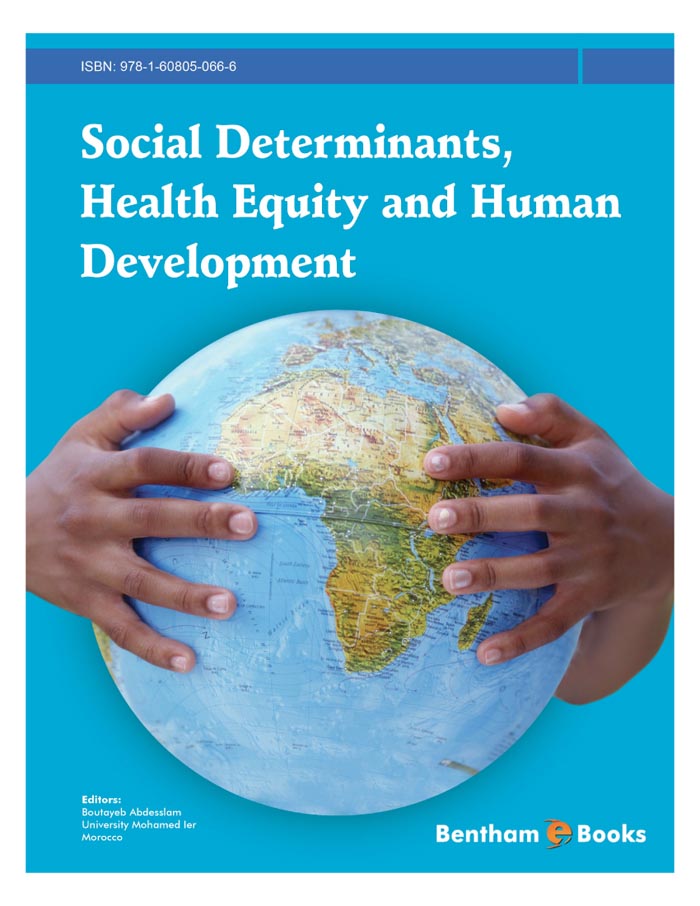Satellite television has for many years brought to the attention of the world, the plight of the citizens of less-developed countries who do not have the benefits of a good quality healthcare system. There is a distinction to be made between rich countries that do not provide a state-run system for their poorer citizens and those countries that cannot provide such care because their economies are not sufficiently strong to meet the costs involved. The book concentrates on the latter, and the contributors highlight the widening gap between the quality of healthcare services available in poor and rich countries.
In the recent past, improving the quality of healthcare was invariably a low priority for policy makers in developing countries where, additionally, government expenditure often benefitted the country's richest people more than its poorest, in absolute terms. In the second half of the last century, for which data are available, achievements in human development worldwide were uneven and were characterized by significant regional variations within less-developed countries. Large numbers of poor people in remote regions still have to travel huge distances to reach the nearest health facility, and then face lengthy delays in long queues to see a doctor or nurse. This contrasts sharply with urban populations, including those in poorer countries. These observations apply especially to the continents of Africa, Oceania, South America and Asia, all of which have less-developed countries within their borders.
In the developed world, dramatic changes are occurring in the delivery of healthcare. These changes are driven by economic factors, political and consumer will, ageing populations, demographic spreads, improved healthcare methods, and greater expectations. In the less-developed world, change is much slower but there are signs in some of these countries that the development of technology to support tele-medicine and e-health systems is quickening, thanks to the provision of data communication systems and mobile telephone networks. These have aided significantly the overworked key staff in the health services. There is a need to provide key aid workers, including paramedics, to health services in developing countries who have the necessary blend of technical skills and managerial flair to initiate and manage the introduction of (donated) new technologies. The introduction of computer networks worldwide will enable the governments of less-developed countries to provide a greater level of service nearer to the patient, by setting-up electronic links to consultants many hundreds of kilometres away in regional hubs.
The contributors to this book have, collectively, many years' experience of charting, observing, measuring, analysing, and predicting the outcomes of the provision of healthcare in North Africa, particularly Morocco, and, in their contributions, they show a thorough understanding of the continent's needs. It is to be hoped that, in the coming decades, governments will be able to provide what is needed to stave off the likely disasters associated with poor healthcare and other avoidable health-related factors that have a bearing on a nation's prosperity. Governments of countries on other continents may wish to heed the warnings and predictions reported in this book, for they have a significant bearing on the future and well-being of their people, too.
E.H. Twizell
Professor Emeritus
Brunel University
UK

